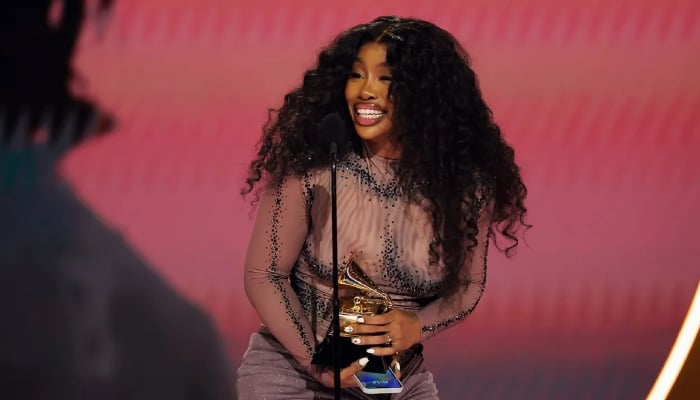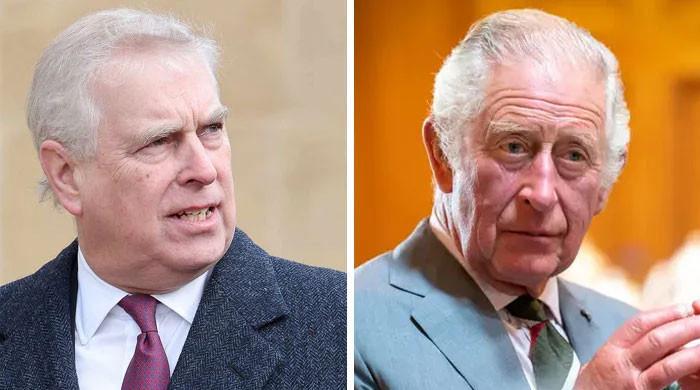As the two most powerful countries in the world, the relationship between the United States and China is the most consequential of all bilateral ties.
Any change in interactions and behaviour by either side does not just impact security, economic activity and trade in Washington and Beijing, but also affects the rest of the planet.
President Xi Jinping chose to make this point publicly as he said hello – and presumably goodbye – to Joe Biden when the two men met on the sidelines of an economic forum in Peru in what was likely their last face-to-face sit down before the US leader hands the keys to the White House over to Donald Trump.
“As two major countries, China and the United States should bear in mind the interest of the whole world and inject more certainty and positive energy into the turbulent world,” Mr Xi said, speaking through a translator.
“It is my consistent belief that as the world’s most important bilateral relationship, a stable China-US relationship is critical not only to the interests of the Chinese and American peoples but also to the future and destiny of the entire humanity.”
Mr Biden, whose relationship with his opposite number does not just span his four years as president but also when he previously served as vice president under Barack Obama, also focused on the importance of dialogue.
“We haven’t always agreed, but our conversations have always been candid and always been frank,” he said, sitting at a long table, surrounded by aides, with Mr Xi opposite him.
Read more:
Analysis: Trump building a very controversial cabinet
Could Barron Trump run for president in 2044?
“I think that’s vital. These conversations prevent miscalculations, and they ensure the competition between our two countries will not veer into conflict. Be competition, not conflict.”
While clearly directed at him, it is doubtful that Mr Trump will heed the advice.
He has consistently criticised the Biden administration for being too soft on Beijing and has vowed to be much tougher – even saying he would impose 60% tariffs on Chinese imports.
The president-elect’s picks for top jobs in the White House, such as with China hawks Senator Marco Rubio as his desired secretary of state, and Representative Mike Walz as national security adviser, also point to a hardening in the US’ position on Beijing – which is on a trajectory to overtake Washington as the world’s number one superpower.
This moment of re-ordering in global dominance – something the UK was once forced to absorb when the sun set on the British Empire – is on course to happen regardless of who is in the White House.
But a more hostile and combative commander-in-chief in the White House makes it an increasingly perilous time for everyone.
It is perhaps why the current leaders in Beijing and Washington are so keen to stress that while their feelings towards one another go up and down, the ability to keep talking is critical.







